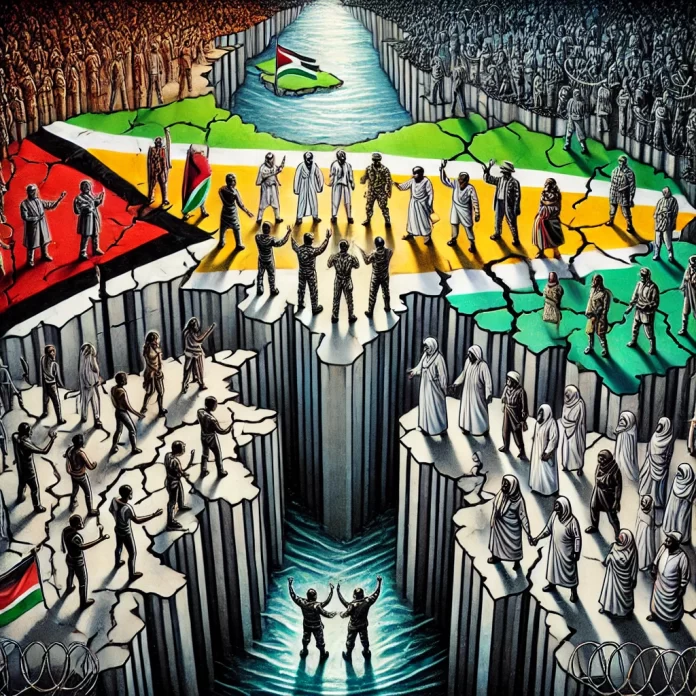In the complex tapestry of Guyana’s political landscape, marginalization remains a haunting specter that stifles progress and perpetuates inequality. Many who claim to champion progress and equity have, over time, honed the ability to silence their moral compass in exchange for personal benefit, even as their fellow citizens endure unnecessary suffering. This troubling phenomenon raises questions about the state of our collective consciousness and our willingness to prioritize the greater good over self-interest.
For decades, Guyanese society has grappled with the entrenched practices of political favoritism and exclusion. In our pursuit of self-gratification, cloaked in the rationale that “joining them” will facilitate change from within, we often choose to ignore or justify policies and practices that perpetuate injustice. This tacit complicity enables the continuation of partisan distribution of opportunities—whether in the form of financing, government contracts, job placements, or the systematic purging of dissenting voices within public institutions.
Marginalization in Guyana often operates under a veneer of legitimacy, obscured by the language of development, reform, or progress. Yet, its impact is unmistakable: communities are deprived of resources, voices are silenced, and societal divisions are deepened. Decisions are frequently made not on the basis of merit, fairness, or necessity, but rather on allegiance to political ideologies, ethnic affiliations, or personal loyalties. This has created an environment where opportunity is weaponized as a tool of political reward or punishment.
The implications of such practices extend far beyond the immediate beneficiaries or victims. Marginalization erodes trust in institutions, fosters resentment among disenfranchised groups, and undermines the social cohesion necessary for sustainable development. It also stifles innovation and excellence, as decisions rooted in favoritism often sideline capable individuals in favor of those with political connections.
The question then arises: how do we break free from this cycle? The answer lies in cultivating a culture of accountability and civic responsibility. Guyanese citizens, especially those in positions of influence, must be willing to speak out against injustices, even when doing so may challenge their own affiliations or interests. True progress demands that we prioritize principles over politics, fairness over favoritism, and the collective good over personal gain.
Furthermore, political leaders and policymakers must commit to fostering inclusivity and transparency in their decision-making processes. Mechanisms such as independent oversight bodies, equitable resource distribution frameworks, and merit-based recruitment systems can help to dismantle the structures that perpetuate marginalization. Civil society organizations and the media also have critical roles to play in holding leaders accountable and amplifying the voices of marginalized communities.
Ultimately, the fight against marginalization is not just a political battle; it is a moral imperative. If Guyana is to realize its full potential as a nation, it must confront the uncomfortable truths about the ways in which power is wielded and resources are allocated. Only by doing so can we create a society where every citizen, regardless of their background or beliefs, has an equal opportunity to thrive. Marginalization is not an inevitable reality; it is a choice. By choosing instead to embrace equity, justice, and shared prosperity, Guyana can chart a path toward a brighter and more inclusive future. The time for action is now. You are either “part of the problem or part of the solution.”






